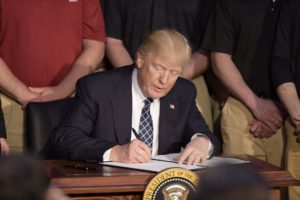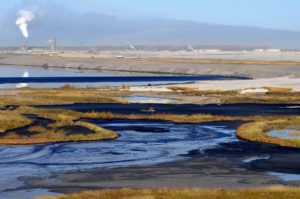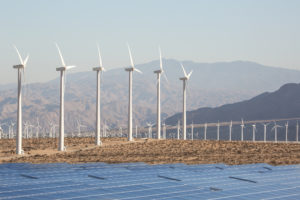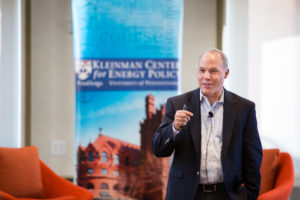Rethinking Chemical and Pesticide Regulation
Study advocates for cumulative risk assessment mandates in environmental laws.
Why a Retreat from Paris Now?
Political science models may help explain the U.S. withdrawal from the Paris Agreement.
Putting in Perspective Trump’s Unwinding of Obama’s Climate Policy
Both President Trump and environmental advocates overstate the effects of repealing the Clean Power Plan.
The Misguided Regulatory Accountability Act
Bill aimed at regulatory reform would reintroduce burdensome administrative requirements.
Achieving Climate Change Goals Without the Clean Power Plan
Scholars argue EPA may already have the tools it needs to effectively regulate greenhouse gases.
California Extends Water Restrictions Despite Abundant Rainfall
Amid reports of record-breaking rainfall, regulators extend emergency drought measures for conservation.
Discretion and Judicial Review in European Environmental Law
Balancing the discretion afforded to multinational and domestic authorities presents special challenges to judges in ensuring effective application of European Union environmental law.
Will the Trump Administration Drastically Deregulate Environmental Protection?
Initial signs suggest that drastic environmental deregulation looms, but there may be much less than the Administration envisions.
How Much Power Do States Have to Encourage Clean Energy?
After a recent Supreme Court decision, questions remain about what states can do to regulate electricity.
The Discount Rate for the Social Cost of Carbon
A Trump Administration proposal that would reduce the social cost of carbon relies on an unjustified discount rate.
How Geographic Boundaries Determine the Social Cost of Carbon
Considering only the national impact of emissions would be a harmful, misguided move by the Trump administration.
The Impact of Waiving Environmental Regulations
Recent PPR seminar examines effects on air quality and fuel prices from waiving environmental regulations.












